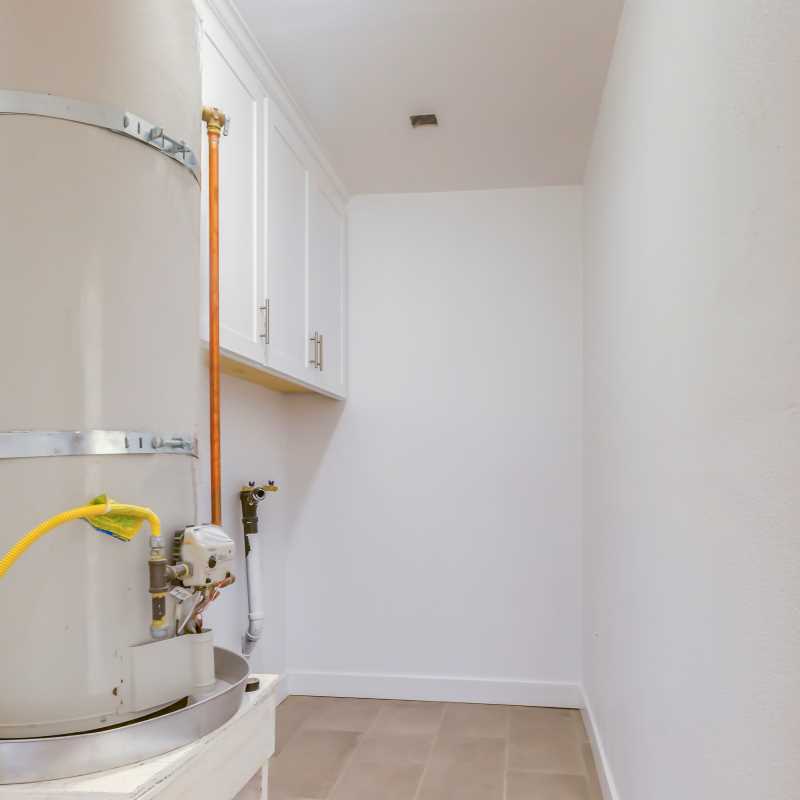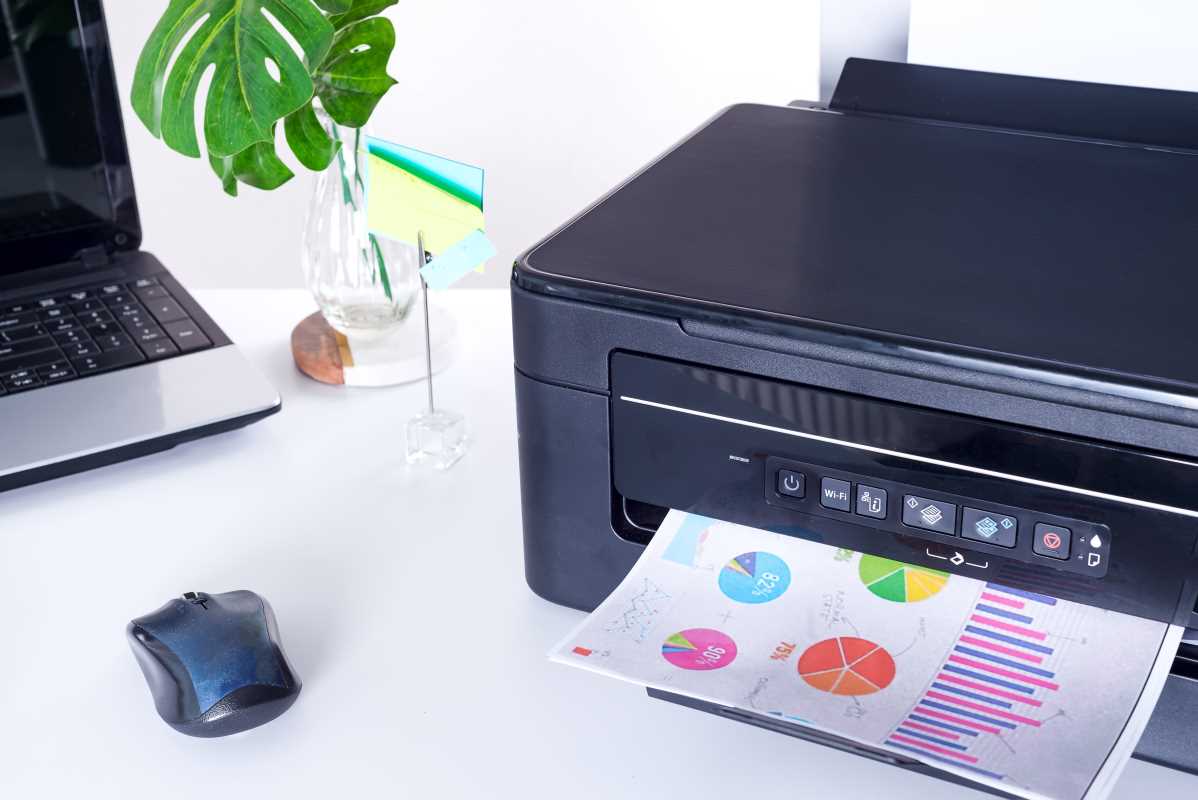A water heater is one of the unsung heroes of any home, providing the hot water needed for cooking, cleaning, and comfort. However, like all appliances, water heaters have a limited lifespan, and neglecting to replace an aging unit can lead to inefficiencies, higher utility bills, and even unexpected breakdowns. Recognizing the signs that it’s time to upgrade your water heater is essential for avoiding costly repairs and ensuring your household runs smoothly. With the right knowledge and a dependable professional, you can upgrade your water heater with confidence, improving your home’s efficiency and comfort while avoiding cold showers and unnecessary stress.
Common Signs Your Water Heater Needs an Upgrade
Understanding the telltale signs of a failing water heater can save you from the inconvenience and headaches of an unexpected failure. While some issues may be minor and repairable, others indicate that it’s time to invest in a new, more reliable system.
One of the most obvious signs that your water heater may need an upgrade is its age. Most traditional tank-style water heaters last around 8 to 12 years, while tankless models often have a longer life span of up to 20 years. If your heater is approaching or exceeding these thresholds, it might be time to replace it before problems arise.
A lack of sufficient hot water is another red flag. If your water heater struggles to produce enough hot water for your household's needs, it could be due to a buildup of sediment, a failing heating element, or the system simply being outdated. This problem is especially noticeable when multiple users or appliances are drawing hot water at the same time, and the heater can’t keep up with the demand.
Unusual noises coming from the water heater, such as banging, popping, or rumbling sounds, often point to sediment accumulation at the bottom of the tank. Over time, sediment hardens and interferes with the heating process, causing inefficiency and additional wear on the system. While flushing the tank can remedy this issue in some cases, frequent noise may signal that the unit is nearing the end of its life.
Leaks or visible corrosion on the water heater are serious issues that demand immediate attention. Small leaks can quickly escalate into significant water damage, and corrosion is a sign that the tank is deteriorating internally. Left unattended, these problems can lead to costly repairs and potential safety hazards.
Rising energy bills without an obvious explanation could also indicate that your water heater is working inefficiently. Older units, particularly those with damaged insulation or outdated technology, consume more energy to heat water than modern, energy-efficient models. Upgrading to a newer unit not only restores efficiency but also saves money on monthly utility costs.
Water discoloration or a metallic taste in your hot water can mean that inner components of the heater, such as the anode rod, are deteriorating. While replacing specific parts might extend the unit’s life temporarily, discoloration often points to broader issues that require a full replacement.
The Benefits of Upgrading Your Water Heater
Upgrading your water heater is more than just a solution to ongoing problems; it’s an opportunity to improve your home’s energy efficiency, comfort, and long-term reliability. Modern water heater models incorporate advancements that make them more effective, environmentally friendly, and cost-efficient than their older counterparts.
Newer water heaters, especially those labeled with the Energy Star certification, are designed to use less energy while delivering the same (or better) level of performance as older models. By upgrading, you’ll see immediate savings on your energy bills while reducing your household’s overall carbon footprint. This energy efficiency is particularly noticeable with tankless models, which heat water on demand rather than maintaining a large reservoir of hot water 24/7.
Reliability is another major advantage of upgrading. Modern systems are built with advanced features, from better insulation to leak detection sensors, that reduce the likelihood of malfunctions or unexpected breakdowns. A new water heater ensures consistent hot water when you need it, without the stress of constant repairs or diminished performance.
Some homeowners opt for tankless water heaters, which offer an almost limitless supply of hot water by heating it as it’s needed. These models are ideal for larger households or homes with high water usage, as they eliminate the risk of running out of hot water mid-shower or during laundry cycles.
Upgraded water heaters also take up less space and can be installed in more convenient locations. Tankless models, for example, require minimal room and free up space in areas like utility closets or garages. This added flexibility can be a valuable upgrade when reconfiguring a home’s layout or storage.
Finally, replacing an aging water heater can increase your home’s resale value. Prospective buyers recognize the appeal of a new, energy-efficient system, particularly when paired with warranties or advanced features. Making this upgrade before selling your home can be a significant selling point.
Choosing a Reliable Professional for the Job
Deciding it’s time to upgrade your water heater is one thing; finding the right professional to handle the installation is another. Hiring a qualified and experienced technician ensures the process is done correctly and safely, minimizing the risk of future issues and delivering peace of mind.
Start by researching licensed and insured plumbers or HVAC technicians with strong reputations in your area. Online reviews and recommendations from neighbors, friends, or family can provide insight into the quality of their work and professionalism. Reliable companies often carry certifications or affiliations with reputable organizations, demonstrating their commitment to industry standards.
Ask potential providers about their specific experience with the type of water heater you’re interested in, whether it’s traditional tank heaters or newer tankless systems. Prior experience ensures they know how to handle the nuances of the installation and can recommend the right model for your household’s needs and budget.
Before committing, request a detailed estimate that outlines parts, labor costs, and any additional fees or services. Transparency in pricing is essential, and a reliable company won’t hesitate to provide full disclosure. Take time to compare a few quotes to ensure you’re getting the best combination of quality and value.
Communication is a critical factor as well. A good water heater professional will take the time to answer your questions, explain your options, and recommend the best solutions based on your home’s unique requirements. They’ll also handle permits, safety inspections, and disposal of your old system, making the process seamless from start to finish.
After installation, ensure the technician provides a full explanation of how to use and maintain your new water heater. This includes understanding warranty coverage, performing periodic maintenance like flushing tanks or replacing filters, and adjusting settings for optimal efficiency. A reputable technician should leave you feeling confident about operating your upgraded system.
Plan Ahead for a Smooth Transition
Upgrading your water heater is a necessary investment, but with the right planning and professional guidance, it’s a straightforward process that pays off for years to come. Recognizing the signs of a failing unit, understanding the benefits of replacement, and selecting a trusted provider are the building blocks of a successful upgrade. By acting before an emergency arises, you avoid the stress, cold showers, and costly repairs that come with unexpected failures.
Whether you’re replacing an outdated tank or upgrading to an energy-efficient tankless system, a well-installed water heater improves your home’s comfort and functionality. Keeping skillful professionals in your corner ensures the job is done right, leaving you with reliable hot water, lower energy bills, and the peace of mind that comes with a modern, efficient system. If you’re noticing red flags with your current water heater, don’t wait until it’s too late to take action. Upgrading now saves you hassle later and allows you to enjoy the perks of a high-quality system with minimal disruption.


.jpg)




